Do's and Don'ts of Oral Hygiene: Best Practices for Healthy Teeth
Good oral hygiene is essential for maintaining healthy teeth and gums. Not only does it keep your smile looking bright, but it also helps prevent dental problems like cavities, gum disease, and bad breath. However, many people are unaware of the correct way to care for their teeth. In this article, we’ll dive into the essential do’s and don’ts of oral hygiene to ensure that your teeth and gums remain healthy and strong.
1. The Do's of Oral Hygiene
1.1 Brush Your Teeth Twice a Day
One of the most important habits for oral hygiene is brushing your teeth twice a day. Brushing in the morning removes the plaque and bacteria that accumulate overnight, while brushing before bed helps remove food particles and bacteria that have built up throughout the day. Using fluoride toothpaste can also strengthen your enamel and protect against cavities.
1.2 Floss Daily
Flossing is just as important as brushing. It removes food particles and plaque between your teeth that your toothbrush can't reach. Flossing helps prevent gum disease and cavities, making it an essential part of your daily oral care routine. Take the time to floss gently to avoid hurting your gums.
1.3 Use Mouthwash Regularly
In addition to brushing and flossing, using mouthwash can help kill bacteria in your mouth, freshen your breath, and reduce plaque buildup. Choose a mouthwash that contains fluoride or one specifically designed to fight gingivitis for optimal results.
1.4 Maintain a Balanced Diet
Your diet plays a significant role in your oral health. Eating a balanced diet rich in vitamins, minerals, and fiber helps keep your teeth strong and your gums healthy. Foods like fruits, vegetables, dairy products, and lean proteins contribute to good oral hygiene. Avoid sugary snacks and drinks, as they can contribute to tooth decay and cavities.
1.5 Regular Dental Checkups
Visiting your dentist regularly for checkups and cleanings is vital for maintaining your oral health. Dentists can detect potential problems early on, such as cavities or gum disease, and provide professional cleaning to remove tartar that builds up over time. Aim for a dental checkup every six months.
2. The Don'ts of Oral Hygiene
2.1 Don't Brush Too Hard
While brushing is essential, brushing too hard can damage your gums and enamel. Use a soft-bristled toothbrush and gentle strokes to avoid causing harm. Hard brushing can lead to gum recession, tooth sensitivity, and other issues.
2.2 Don't Skip Brushing After Meals
It’s important to brush your teeth after meals, especially if you’ve eaten sugary or acidic foods. This helps to remove food particles and prevent plaque buildup. If you’re unable to brush immediately after a meal, rinse your mouth with water to wash away food particles and neutralize acids.
2.3 Don't Use Your Teeth as Tools
Many people make the mistake of using their teeth to open packages, crack nuts, or perform other tasks. This can lead to broken or chipped teeth, and even cause unnecessary wear on your enamel. Always use the appropriate tools and avoid using your teeth for anything other than chewing food.
2.4 Don't Smoke
Smoking not only stains your teeth but also increases the risk of gum disease and oral cancer. The chemicals in tobacco can cause significant damage to your teeth and gums, making it harder to maintain good oral health. If you smoke, quitting can improve both your overall health and your oral hygiene.
2.5 Don't Forget to Clean Your Tongue
Your tongue can harbor bacteria that contribute to bad breath and other oral health issues. Use your toothbrush or a tongue scraper to clean your tongue gently every time you brush your teeth. This simple step can significantly improve your breath and reduce the buildup of harmful bacteria in your mouth.
3. Other Important Tips for Maintaining Oral Hygiene
3.1 Stay Hydrated
Drinking plenty of water throughout the day helps to rinse away food particles and bacteria in your mouth. Staying hydrated also promotes the production of saliva, which is essential for neutralizing acids and protecting your enamel from decay.
3.2 Consider Using an Electric Toothbrush
Electric toothbrushes can provide a more thorough cleaning than manual brushing. They can help remove more plaque and reduce gum disease risk by offering consistent and efficient brushing. If you have trouble brushing your teeth effectively, consider switching to an electric toothbrush.
3.3 Use a Straw for Acidic Beverages
If you enjoy drinking acidic beverages such as soda or juice, use a straw to reduce the contact these drinks have with your teeth. This can help protect your enamel from being worn down by acids. Be sure to rinse your mouth with water after consuming acidic drinks to neutralize any remaining acids.
3.4 Be Mindful of Teeth Grinding
Teeth grinding, or bruxism, can lead to worn-down enamel, tooth sensitivity, and even cracks in your teeth. If you grind your teeth, especially while sleeping, speak with your dentist about wearing a mouthguard to protect your teeth and prevent further damage.
4. Conclusion: Taking Control of Your Oral Hygiene
Maintaining good oral hygiene is essential for your overall health and well-being. By following these do’s and don’ts, you can ensure that your teeth and gums stay strong and healthy for years to come. Remember to brush gently, floss daily, and schedule regular dental visits. With a little effort and consistency, you can enjoy a bright, beautiful smile and prevent many oral health problems.

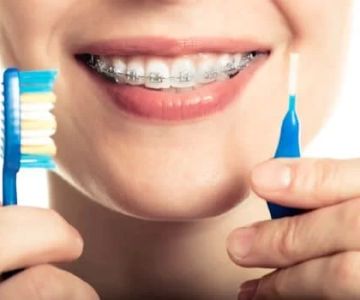
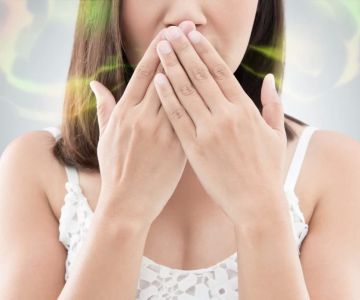
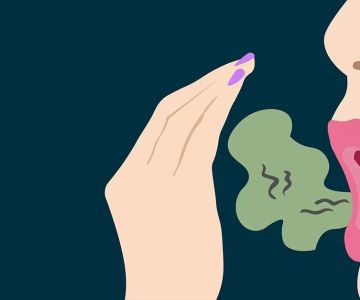
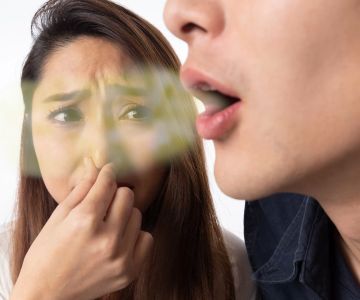
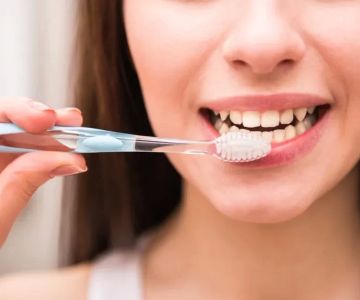
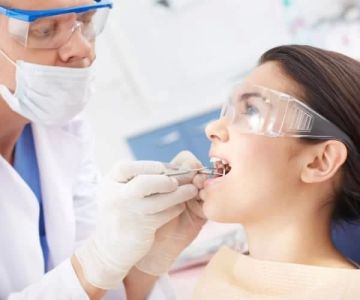
 Westgate Dental Arts
Westgate Dental Arts Coventry Family Dental
Coventry Family Dental Familia Dental
Familia Dental Dr. Daniel S. Fife, DDS
Dr. Daniel S. Fife, DDS Dentistry At Suburban Square: Michael I. Wollock, DMD
Dentistry At Suburban Square: Michael I. Wollock, DMD Comfort Care Dental
Comfort Care Dental The Importance of Oral Health Education During Pregnancy for a Healthy Pregnancy
The Importance of Oral Health Education During Pregnancy for a Healthy Pregnancy Why Skipping Dental Checkups Can Lead to Bigger Oral Health Problems
Why Skipping Dental Checkups Can Lead to Bigger Oral Health Problems Advantages of Porcelain Dental Restorations
Advantages of Porcelain Dental Restorations Best Tips for Brushing Your Teeth Properly for Healthy Gums: Essential Techniques for Oral Health
Best Tips for Brushing Your Teeth Properly for Healthy Gums: Essential Techniques for Oral Health How Can Diabetes Cause Tooth and Gum Problems? Preventing and Managing Oral Health Issues
How Can Diabetes Cause Tooth and Gum Problems? Preventing and Managing Oral Health Issues Healthy Habits for Promoting Good Oral Health and Hygiene: Tips for a Healthy Smile
Healthy Habits for Promoting Good Oral Health and Hygiene: Tips for a Healthy Smile